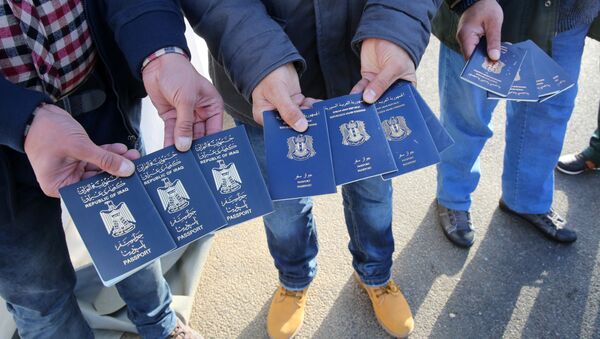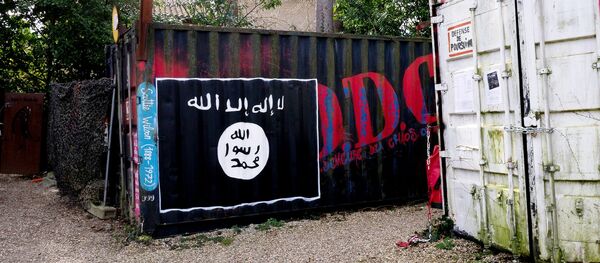The Iraqi Embassy in Stockholm reportedly receives applications from would-be returnees every day. At the same time, a large number of Iraqi asylum-seekers chose to withdraw their applications from the Migration board. During the first five months of the year, nearly 1,500 Iraqis withdrew their applications, which is twice as many as during the whole last year, the Swedish newspaper Dagens Nyheter reported.
Iraqis from across the country are flocking to the Iraqi center in Malmö for support and assistance. The center's project manager Muhammed Khorshid told Dagens Nyheter that for many the homesickness is stronger than the fear of being subjected to violence.
"Most have come here alone with a false impression of Sweden. The smugglers promised that they would quickly obtain a residence permit, which is not true," Khorshid said citing the long waiting time and bureaucratic obstacles.
Meanwhile, the Iraqi government has been desperately luring Iraqi exiles back with money, housing and jobs. The offer, however, is not universally appealing.
"I think it's simply inhumane to give us 30,000 kroner [roughly 3,500 USD] and ask us to go back to certain death. How dare you even suggest it? I still don't know if my family in Baghdad survived at all," Swedish-Iraqi author and Malmö resident Kodra Alhir said after Sunday's terrorist act.
"The Iraqi government is not strong enough to counterbalance the violence, besides it is questionable if it even exists. ‘Substate' sectarian groups have grasped at power," Joel Ahlberg, project manager for conflict work in Iraq at the Folke Bernadotte Academy, said.
Daesh's atrocities and the general lack of faith in tomorrow following the US-led conquest of Baghdad have forced millions of Iraqis to flee. Some 1.5 million Iraqis are believed to live in exile, whereas another 3.3 million are internally displaced people.
The recent spiral of violence during the Muslim fasting month of Ramadan uncoiled as Daesh suffered bitter losses against the Iraqi coalition forces. Recently, the jihadists were pushed back from its citadels in western Iraq, as well as ousted from its former strongholds of Ramadi and Fallujah. Owing to the field losses, Daesh lost about 40 percent of its territory, which earlier encompassed a third of Iraq, when the terrorist group was strongest in 2014.





